P IS FOR pangolin
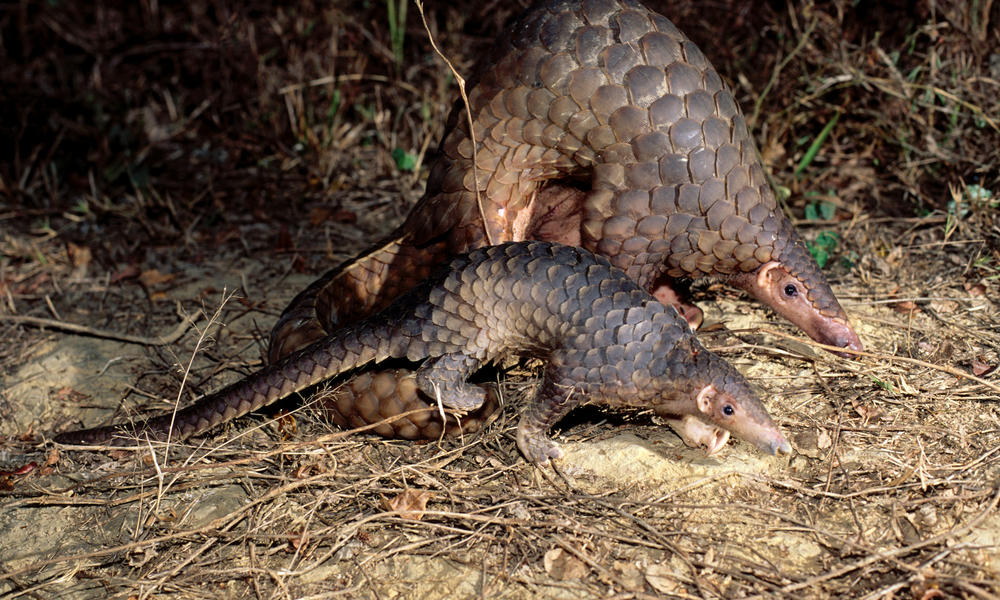
What are pangolins? If you’ve never heard of the pangolin, you’re not alone. This shy creature, as big as your cat or dog, is the world’s most trafficked mammal — with more than one million pangolins poached in the past decade. Learn more about the pangolin, why all eight pangolin species, four in Africa and four in Asia, are at risk of extinction, and the conservation efforts needed to save them. Why are they trafficked? Mainly for their scales which are made into things like shoes or leather items. But now the world is suffering from Covid-19, a zoonotic coronavirus, which means that it is transferred from the animal to the human population. It may be that pangolins were the animal that carried the virus without being sick itself. We need to know more and understand more before we find someone.
A SAD TALE OF A PANGOLIN FAMILY by Toni Rowland
Pangolum and Pangolina had met looking out over the great wide open bushveld where the sun shines all day and warms the earth for trees and plants to grow and many creatures to live. The creatures live on the ground, in the trees and under the ground. They eat and drink when the rain has brought water to fill the waterholes and feed the plants. Now Pangolum and Pangolina are pangolins and they are nocturnal animals so, unlike impalas and giraffes, you don’t see them during the day. Of the 4 different types of pangolin families in Africa some live in the bushveld and a few even in the Kruger Park. Many others live in the big forests of Africa
But back to our story. Like all other mammals – which are the kind of animal that gives birth to live babies and doesn’t lay eggs – Pangolum had been looking out for a mate, as somewhere inside him he knew that wanted to become a dad. Pangolina had been quite lonely since her last baby Pangolino had grown up and left the burrow at the beginning of summer. “I still miss him” she thought to herself, “but I also miss my other children and I wonder where they all are. At least some of them stay in their own burrows nearby. I know that we pangolins are not very close families and our grandparents don’t live with us either. Even dads leave us moms after a while, never mind that we do have comfortable burrows.
One day Pangolina heard a strange report on the bush telegraph from her neighbour. “There are empty burrows around us, and it seems that strange creatures have been seen in the area. They don’t look like any animal I have seen before.”
“Oh yes, I have seen them before,” another neighbour said. “They are traffickers, human traffickers and they traffick animals like us.” “I’ve heard of traffic,” Pangolo, a young pangolin chipped in. “My cousin took me sightseeing one evening. When it was nearly dark he woke me up and we walked quite a long way through the bush and the grass until we came to a wide, flat, hard path. Then he said, ‘now wait and watch.’ After a while we could hear a noise that got louder and louder and a very strange creature came running past. I didn’t get a good look because I was too frightened and curled up into a ball and completely hid my long nose under my tail.“ My cousin laughed and said,’ don’t be stupid. That is called a bus. Sometimes there is lots of traffic on this road. You don’t have to be scared because they don’t stop here.’”
Then what did Pangolo do? Pangolo had made his way home, thinking important thoughts to himself. Every so often he stopped for a quick meal when he came across a nice-looking anthill where he knew termites lived. He scratched with his sharp claws, made a hole and stuck his very long sticky tongue in and pulled it out, covered with termites. “Yum, yum” he thought and happily waved his long scaly tail.
When Pangolo got home he felt quite proud of his new knowledge. “Don’t worry about traffic,” he told his friends. A creature called a bus runs very fast but doesn’t stop to eat.” When Pangolum heard young Pangolo boasting he called him over. “Now listen to me. That is only part of the story” he said, looking very seriously down his wise long nose and even wagged his long tongue up and down. “We have never told you what happened to your eldest sister.
Traffic is really just a stream of different creatures. Some with wheels, that go round and round, some with paws, some with legs. You have seen lions and leopards, and giraffes and impalas and see how fast they can run too. Human creatures are different to us animals, but you have to see them to understand. They have two legs and don’t run very fast, not even as fast as we do. But they have something that makes them very dangerous. They are clever. They have brains that are bigger than ours. That helps them to think, and make plans that harm us. They have guns that make a loud noise and spit out a bullet that can kill any creature. If they kill one of our family they take the body away and I am told they eat it. Just like a lion does, but we can use our scales to protect us when an animal attacks us. We can’t protect ourselves against these human creatures with their guns. They take us because they want our scales and make things to put on their feet or to make muti to make them better when they get sick. But we have to remember that Grandad used to say, “some of us will be killed by other animals, just as we eat termites and ants. That is how our Creator made us.”

He paused for a bit and then asked old Grandolino to carry on. “So now Pangolo listen carefully. Trafficking is much worse. They are human beings that come at night in creatures that are smaller than that bus but they catch us and take lots and lots of our family members, pack them into boxes and bags and send them far away to a strange place, where they know they are far away from home. There they kill them too and eat them and keep their scales. I know you don’t understand about numbers but from one spring to another more than 10 000 pangolins were taken from their homes and families. Who will be left I wonder? Will you ever see your grandchildren?” And Grandolino let a tear roll down his old long nose onto his old long tongue. Young Pangolo did the same. Like his grandad, he let a tear run down his little long nose onto his little long tongue, and said, “Grandad I will be a good pangolin and do my best to stay safe and away from that traffic
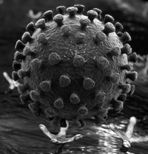
His dad Pangolum said, “I want to tell you another sad story. Some of those human creatures are kind and look after us when they find us, but others are not kind at all. They blame us. They say it is our fault that their own creatures are getting very sick. They say we passed on that sickness to them.” Pangolo asked, “Dad did you and mum do that?” “No my pangochild, it was probably just one or two of our distant cousins from a distant country, when they had been captured and were killed and eaten “So why should they hate us here?” “That is the way of the world, my child. When we don’t understand something we find someone to blame.”
“Yes,” said Grandolino. “The human creatures hate us and blame us for giving them the sickness that is killing so many people. But that is wrong. It was them, in their meat market, where they keep many other creatures that they caught. They kill us all and eat us all, and that is how the sickness could have been passed on.
But we, small humble animals, know our place. We know who made us and where we belong. All we wish for is that other creatures will allow us to live our small humble lives in peace.” “Isn’t that what every creature wants?” And with a sigh the whole pangolin family curled themselves up into one great big scaly ball.


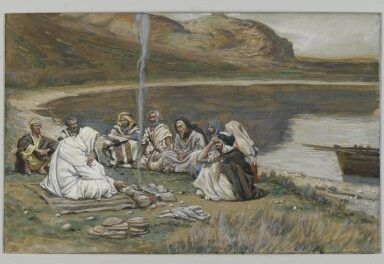
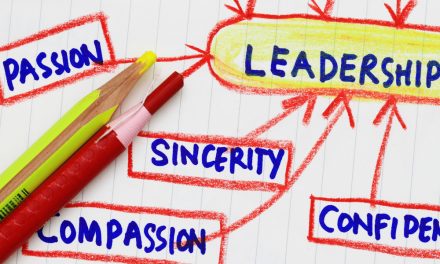
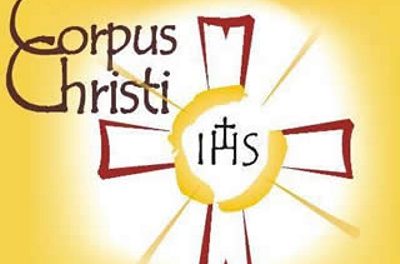
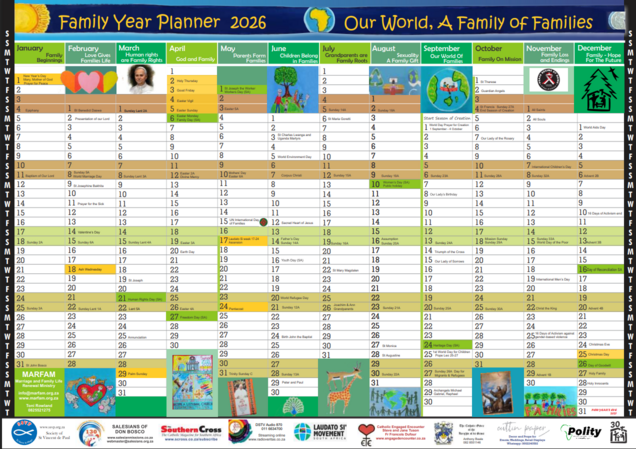
Recent Comments